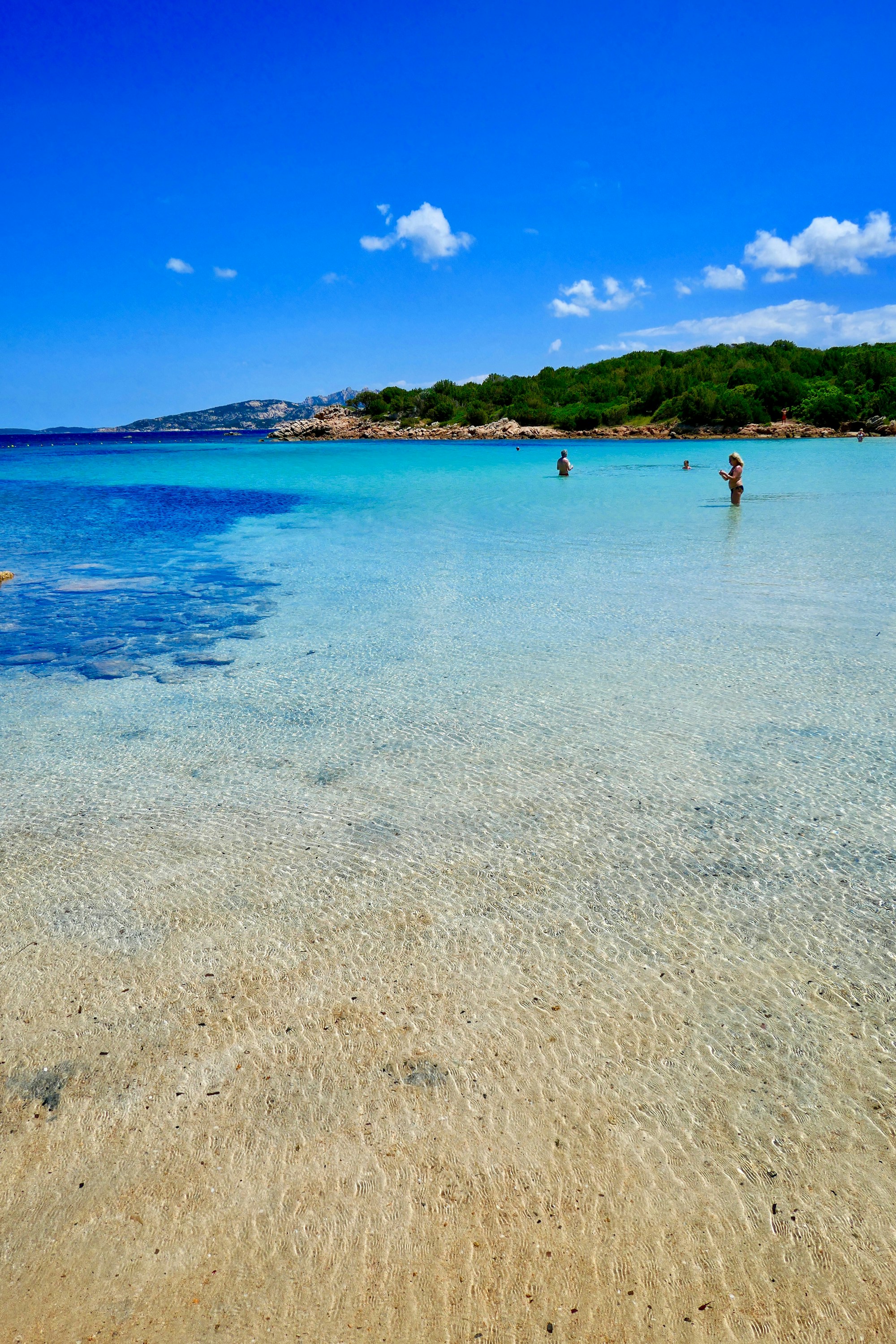Palau Cultural Travel Guide: Exploring History & Festivals

Palau Cultural Travel Guide: Exploring History & Festivals
Located in the western Pacific Ocean, Palau is a small island nation known for its stunning natural beauty and rich cultural heritage. This travel guide will take you on a journey through Palau's history, traditions, and vibrant festivals.
History
Palau has a fascinating history that dates back thousands of years. The first settlers arrived in Palau around 3,000 years ago, and the island has been inhabited ever since. The early Palauans developed a unique culture and way of life, relying on fishing and agriculture for sustenance.
During the 16th century, Spanish explorers discovered Palau and claimed it as part of the Spanish Empire. In the following centuries, Palau fell under the control of various colonial powers, including Germany, Japan, and the United States. Finally, in 1994, Palau gained independence and became a sovereign nation.
Today, traces of Palau's complex history can still be seen in its architecture, language, and cultural traditions.
Traditions and Customs
Palauans have a deep respect for their traditions and customs, which are passed down from one generation to the next. One of the most important cultural practices in Palau is the matrilineal system, where descent and inheritance are traced through the female line.
Another significant custom is the practice of betel nut chewing. Betel nut, also known as "buai," is a mild stimulant that is chewed with lime and mustard seed. It is a common social activity in Palau, where people gather to talk, chew betel nut, and share stories.
The arts and crafts of Palau are also an integral part of the culture. Palauan artisans are known for their skill in weaving, pottery-making, and carving intricate wooden sculptures called "storyboards." These crafts reflect Palau's close relationship with nature and its reliance on the sea for sustenance.
Festivals
Palau is known for its vibrant festivals that celebrate its rich cultural heritage. One of the most famous festivals is the Belau National Museum Cultural Night, held annually in Koror. During this event, dancers, musicians, and artisans showcase their talents, and visitors can immerse themselves in Palauan traditions.
Another significant festival is the Palau Independence Day, celebrated on October 1st. This day commemorates Palau's independence from the United States and is marked with parades, traditional music and dance performances, and fireworks.
The Melekeok Cultural Day is another must-see festival. Melekeok is the capital of Palau and the site of the country's traditional village. During the Cultural Day, visitors can experience traditional ceremonies, music, dance performances, and even try local delicacies.
Exploring Palau
Aside from its rich culture and traditions, Palau is also renowned for its breathtaking natural beauty. The country is home to numerous pristine beaches, crystal-clear lagoons, and vibrant coral reefs, making it a paradise for divers and snorkelers.
One of the must-visit attractions in Palau is the famous Rock Islands, a UNESCO World Heritage Site. These stunning limestone islands are surrounded by turquoise waters, creating a unique and picturesque landscape that you won't find anywhere else in the world.
For history enthusiasts, a visit to the Belau National Museum in Koror is a must. The museum showcases Palau's history, culture, and natural wonders through exhibits and artifacts.
No visit to Palau would be complete without exploring its underwater wonders. The waters surrounding Palau are teeming with marine life, including colorful coral reefs, sea turtles, and even sharks. Diving or snorkeling in Palau's famed Blue Corner is an unforgettable experience.
